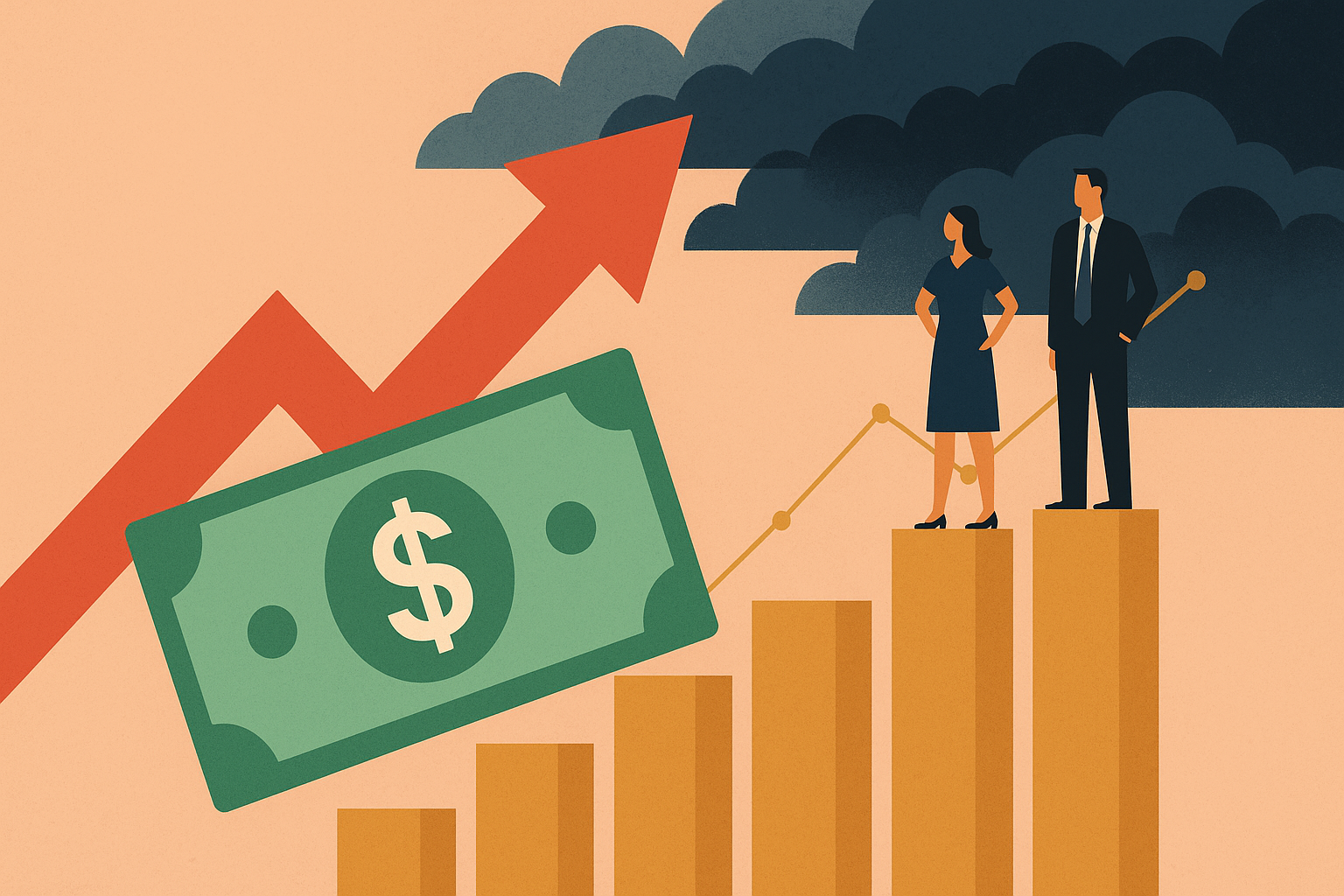Major US banks, including JPMorgan Chase, Citigroup, and Wells Fargo, have expressed confidence in the financial strength of American consumers, despite rising inflation, high interest rates, and the economic uncertainty sparked by President Donald Trump’s sweeping tariffs.
Citigroup CEO Jane Fraser described the current strength of the US economy as “exceeding expectations,” citing the resilience of both American entrepreneurs and consumers. However, she also cautioned that the second half of the year could bring new challenges, including potential price increases on goods as tariffs begin to take fuller effect, along with signs of slowed capital spending and hiring.
JPMorgan CFO Jeremy Barnum echoed the positive outlook, stating the bank continues “to struggle to see signs of weakness” in consumer credit. Wells Fargo CFO Michael Santomassimo added that their clients have been navigating current economic pressures effectively.
Resilient Markets and Rising Bank Profits
The optimistic tone from Wall Street follows a volatile few months. After President Trump’s announcement on April 2 of broad tariffs targeting US trade partners, markets experienced sharp declines amid fears of a potential recession. Consumer sentiment also fell significantly. However, investor confidence has since rebounded, with the S&P 500 reaching record highs, as the administration scaled back some of its initial tariff threats.
Despite rising consumer prices — partially attributed to the new tariffs — the financial turmoil has benefited banks’ trading operations. Market volatility has fueled increased activity in stocks, bonds, currencies, and commodities, helping banks generate higher revenues in their Wall Street divisions.
Fraser acknowledged this trend, noting that “volatility is going to, I suspect, be a feature not a bug of the new world order, and we will benefit from that.”
Citi’s trading revenues rose 16% year-over-year in Q2 to $5.9 billion, while JPMorgan’s increased 15% to $8.9 billion. Although investment banking initially faltered in the wake of April’s tariff announcement, both banks reported a recovery in deal activity as market sentiment improved. Citi’s investment banking fees climbed 13% during the quarter, while JPMorgan’s grew by 7%.
Strong Financial Results for Citi, Mixed for JPMorgan
Citi reported a nearly 25% increase in profits, with revenue growth across all core divisions, including trading, investment banking, and wealth management. The bank’s return on tangible common equity — a key measure of profitability — rose to 8.7%, up from 7.2% in the same period last year. Fraser aims to raise this metric to between 10% and 11% by the end of 2026.
Following the results, Citi’s shares surged 3.7%, closing at their highest level since the 2008 financial crisis.
JPMorgan, while reporting a net income of $15 billion in Q2, experienced a 17% decline compared to last year — mainly due to an $8 billion one-off gain in 2024 related to its Visa stake. The bank’s shares slipped 0.7% in response.
Conclusion
Despite persistent global economic headwinds, US banks remain optimistic about the domestic consumer base, which they view as a stabilizing force in a volatile environment. The strong performance of trading divisions and a rebound in investment banking further support a cautiously optimistic financial outlook, even as the effects of tariffs continue to ripple through the economy.


